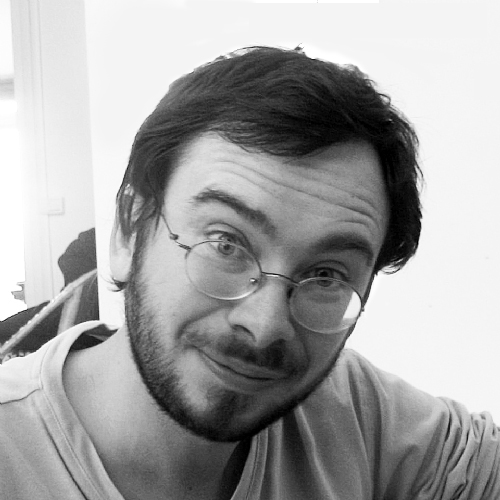Bureaucracy and Salvation: Chinese Ways to Divinization
3401 Dwinelle Hall
Vincent Goossaert, Directeur d'études, Sciences religieuses, École Pratique des Hautes Études
The earliest Chinese documents show that dead humans could become (under certain conditions) ancestors or else suffering, possibly malevolent, and ultimately forgotten ghosts. The late Warring States period saw the more or less concurrent emergence of two new postmortem destinations: one is direct access to transcendence via self-cultivation techniques, the other is promotion into the ranks of the otherworldly bureaucracy. While initially opposed, these two options became over the following centuries intermingled in many ways, as the divine bureaucracy continued to expand, to gain complexity, and to incorporate those who had attempted to escape it.
This presentation will argue that the aspiration to become a god (divinization) has ever since played a key role in Chinese religious, intellectual, and cultural history. While families work at transforming their dead into ancestors, individuals tend to rather prefer divinization for themselves, and often take steps in that direction while alive. The two main ways to divinization that opened during the late Warring States have basically stayed the same, but while the first (salvation through self-cultivation) remained elitist, the second (gaining initial access in the divine bureaucracy and then working one’s way up) gradually opened to all and sundry, most remarkably as a consequence of the religious changes of early modernity (tenth to thirteenth centuries). Becoming an otherworldly bureaucrat has become in modern times the main way to saving oneself from postmortem suffering and oblivion. This will lead us to reflect upon the intimate connection between two categories not often examined in tandem: bureaucracy and salvation.
Vincent Goossaert is a historian and professor at École Pratique des Hautes Études. He works on the social history of modern Chinese religion, and has focused on Daoism, on religious specialists as professionals and their social roles, on the politics of religion, and on the production of moral norms.
Translating Religion and Theology in Europe and Asia brings together scholars to re-interpret the role that East Asian traditions have played in Asia and the West through two workshops. The 2016 West to East workshop looks east to consider the translation and appropriation of the terms religion and theology in East Asia, and the significance of these categories on politics, society, and intellectual life. The Vincent Goossaert lecture launches the 2016 session on “The Reception and Impact of ‘Theology,’ ‘Religion,’ and ‘Philosophy,’ in East Asia,” held on March 17 and 18.
Translating Religion is a project of the Public Theology Program, a critical research initiative of the Berkeley Center for the Study of Religion. Funded by the Henry Luce Foundation, the initiative is dedicated to charting new directions for the study of religion in the public university.

